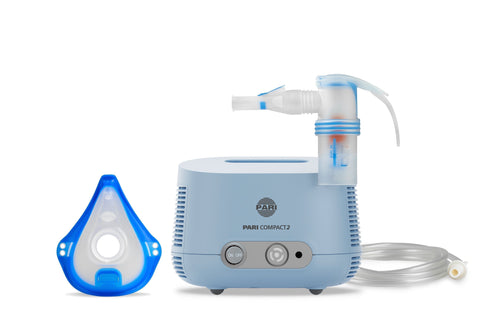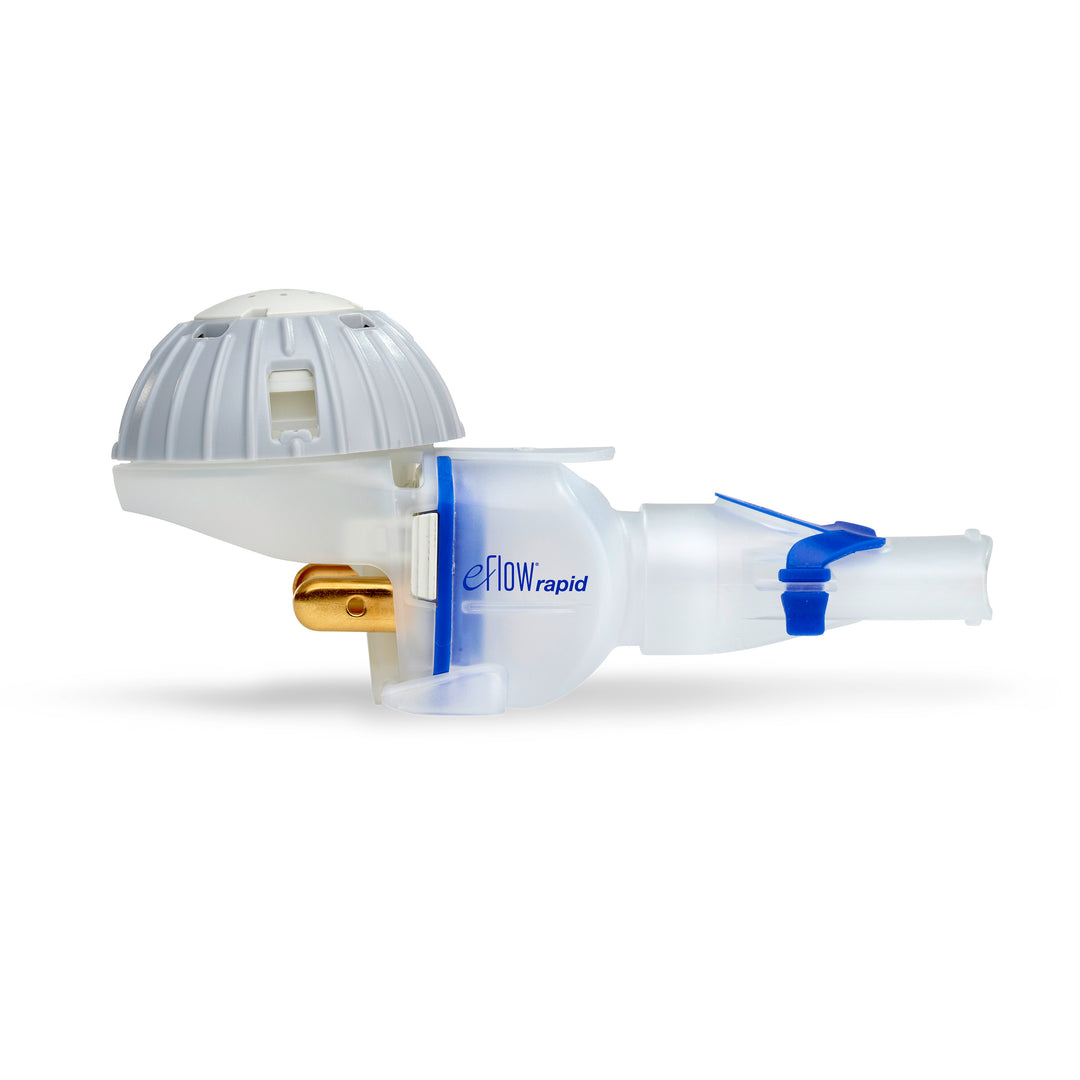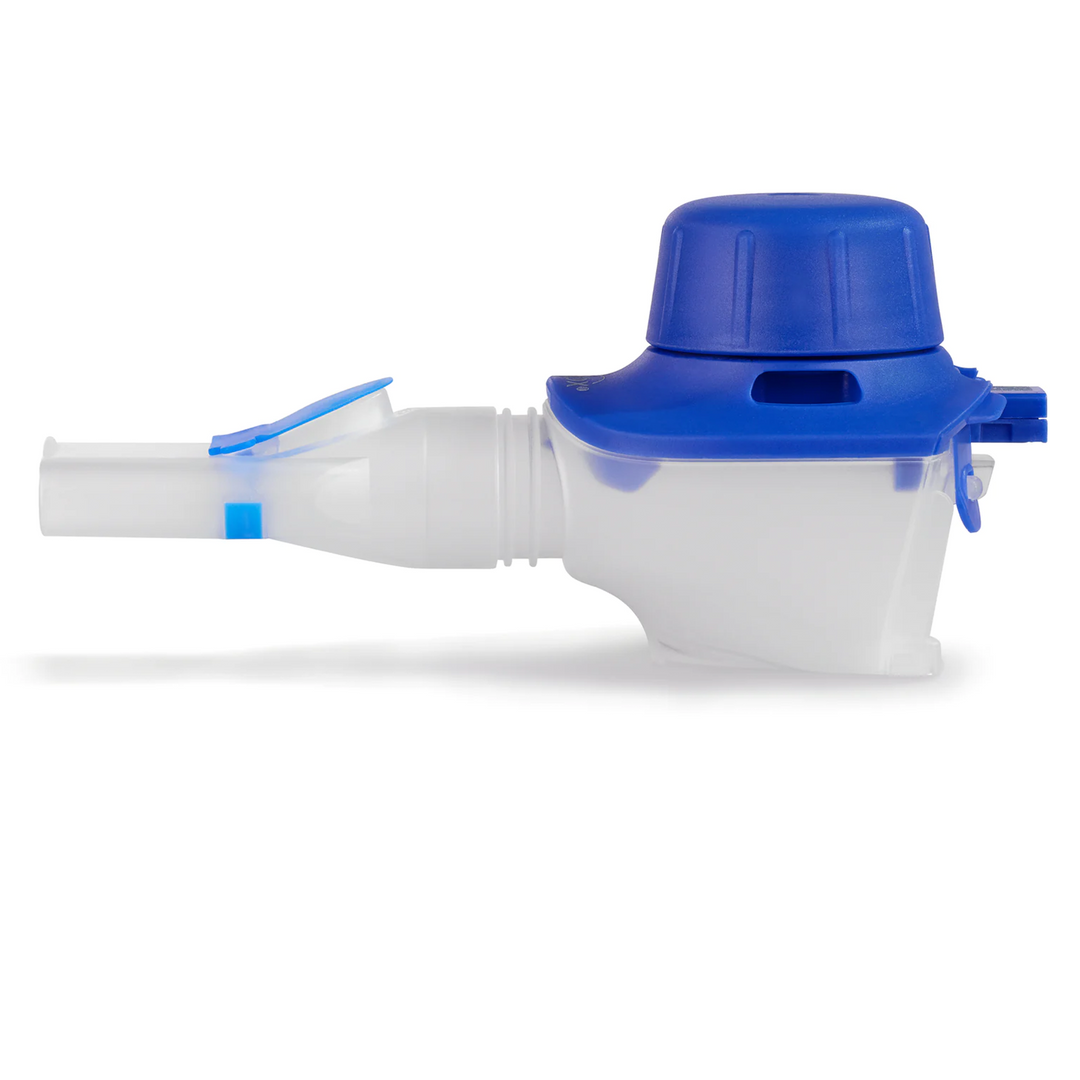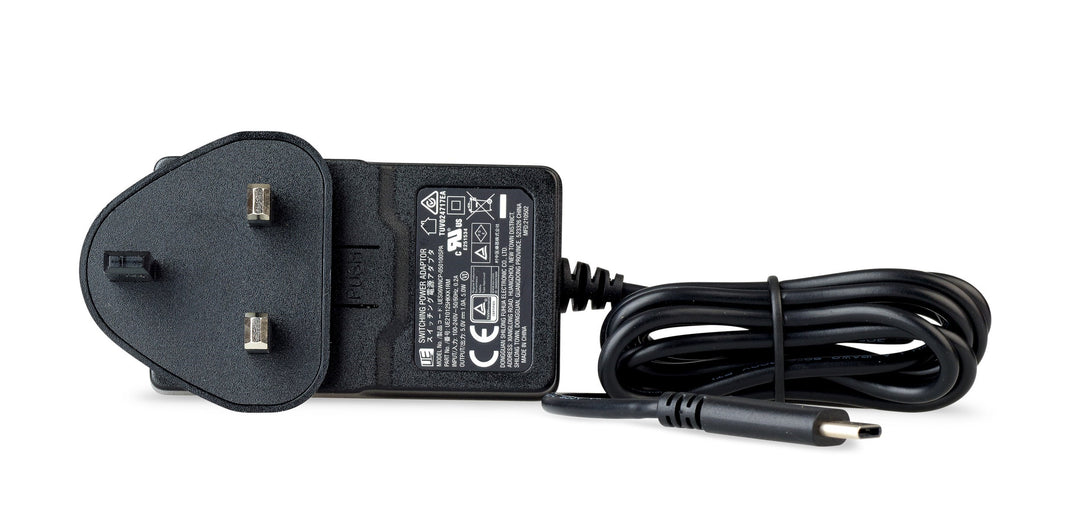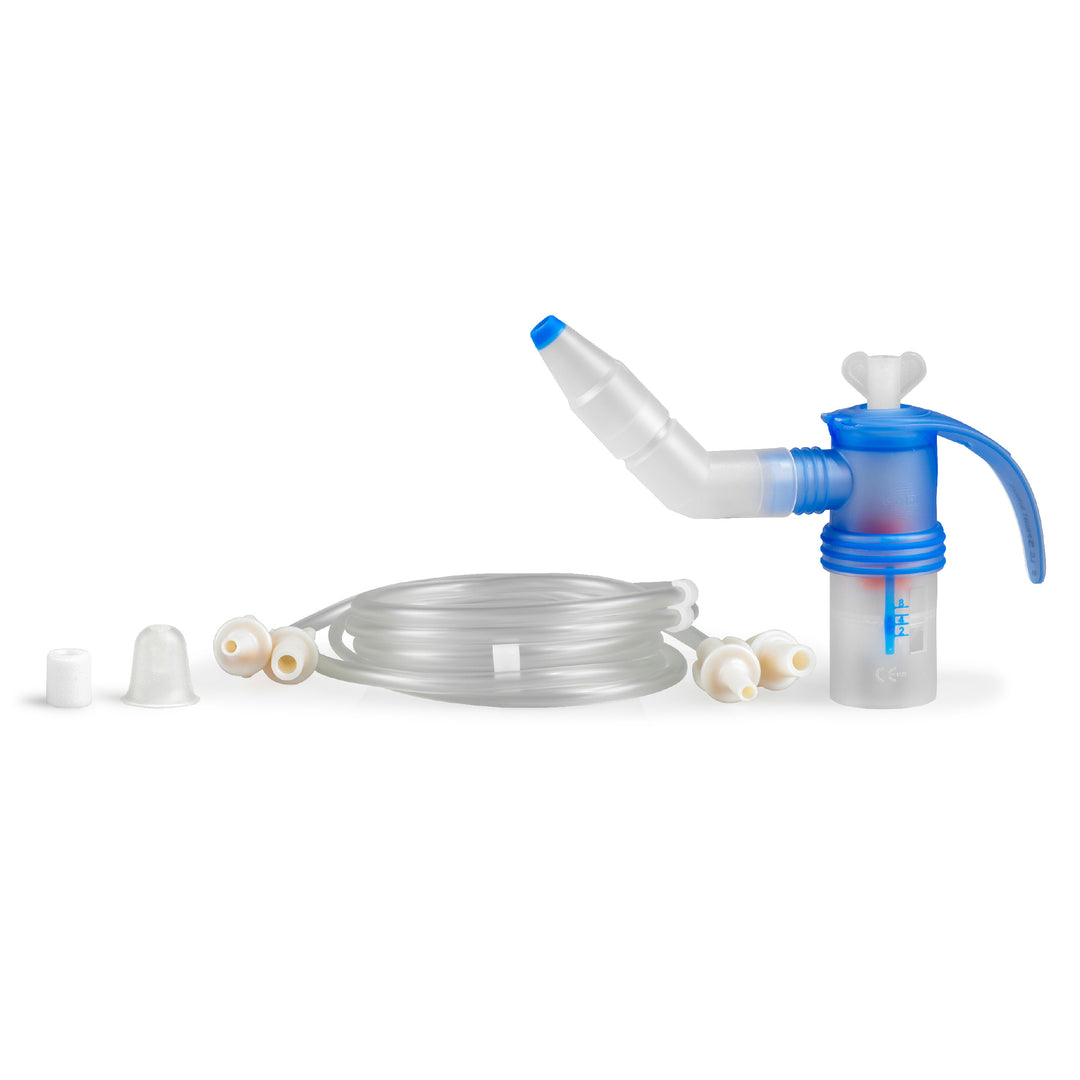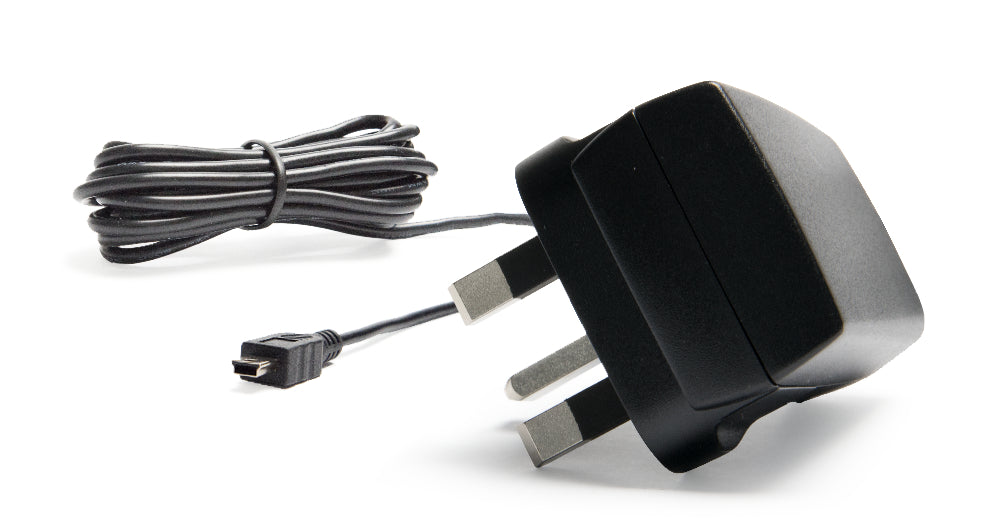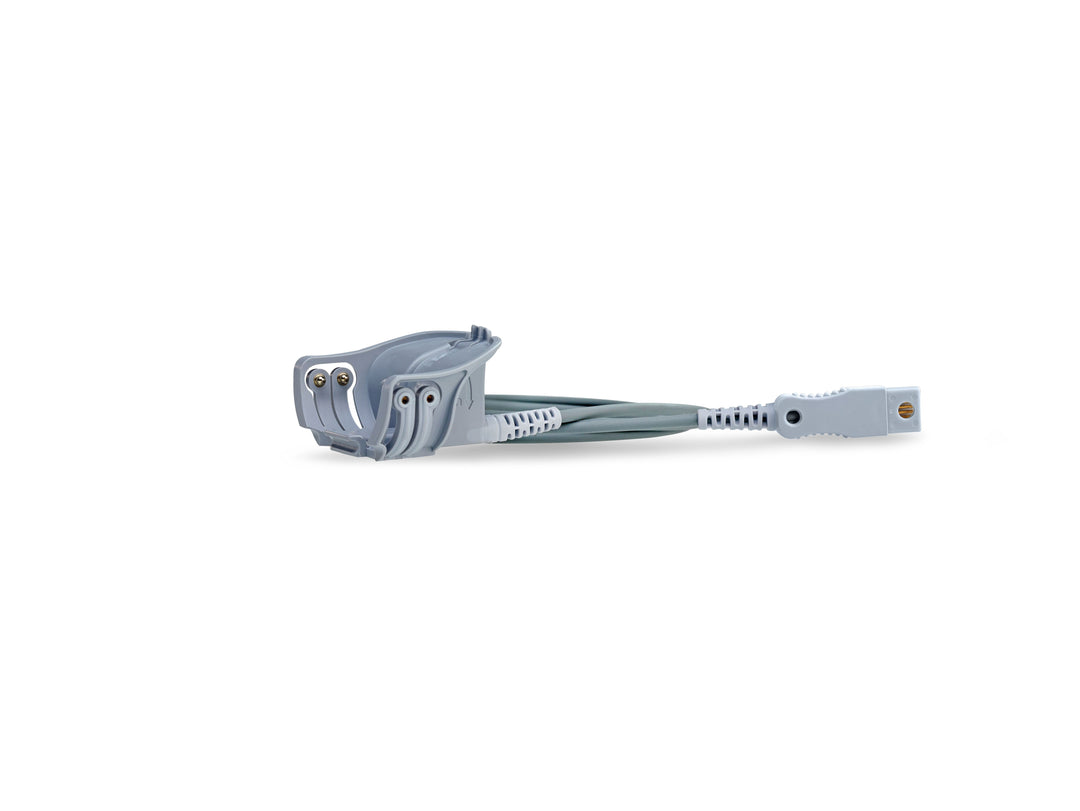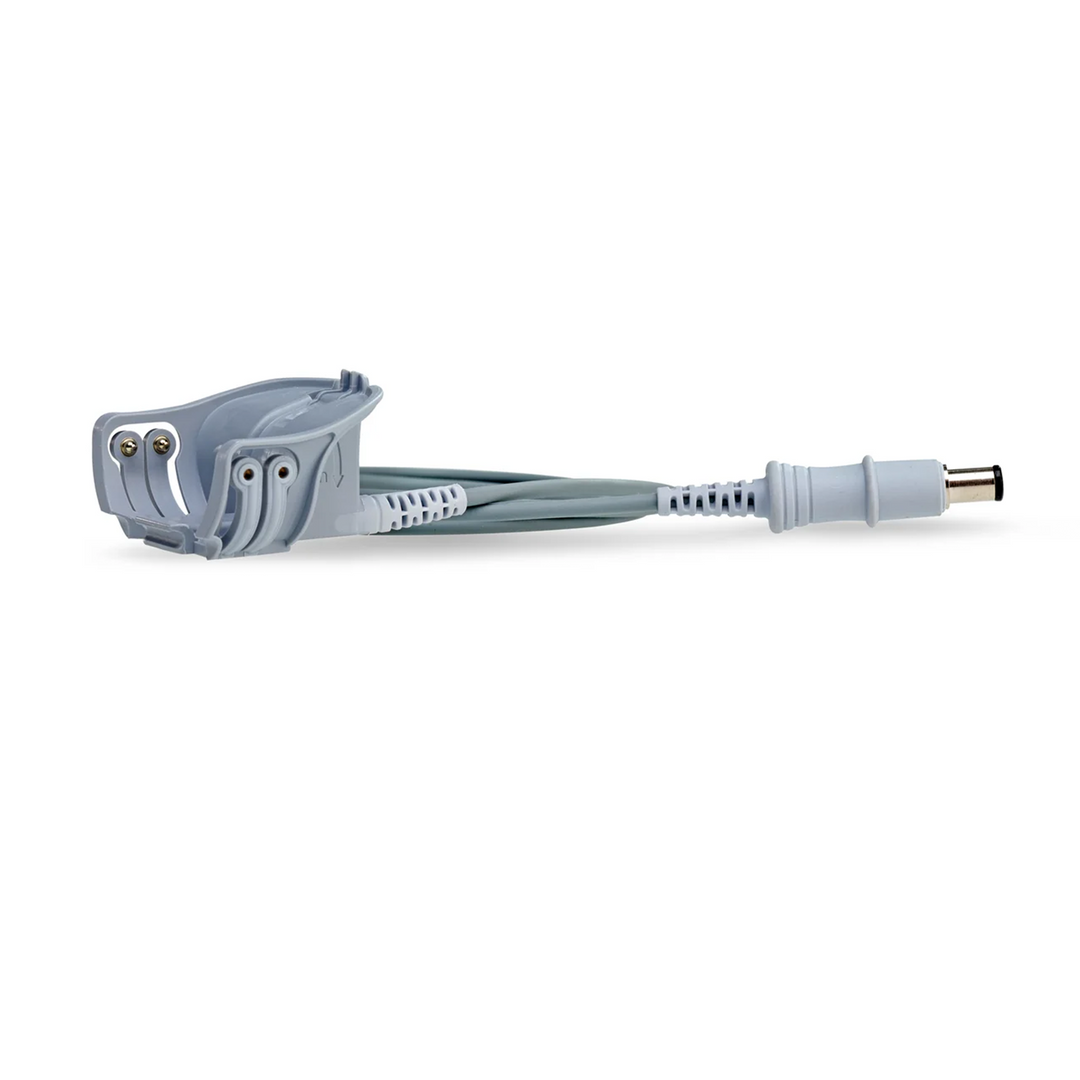
How to clear mucus on your chest
How to clear mucus on your chest
Mucus is a jelly-like liquid that forms a protective lining in certain parts of your body. It helps to prevent these areas from drying out and it also defends against bacteria and viruses. When mucus is coughed up from the lungs, it is referred to as phlegm, or your doctor might call it sputum.
Your body needs some mucus, but if you produce too much, it can be uncomfortable, particularly if it is sitting on your chest. So, why might mucus build up in your lungs and what can you do to clear it?
What causes mucus in your chest?
There are a whole range of factors that can cause you to produce more mucus, or phlegm, in your lungs. They include:
Allergies
If you have allergies, for example to dust mites or pollen, you might find that you experience excess mucus when you are exposed to the allergen. You may also suffer from a stuffy or runny nose, itchy eyes and sneezing.
Asthma
A common lung condition that causes occasional problems breathing, asthma can mean you cough up excess phlegm. If this mucus is clear or white, there is no cause for concern. However, if it’s yellow or green, this may suggest that you have an infection and need to be seen by a doctor. Other symptoms of asthma include chest tightness, wheezing or crackles and shortness of breath.
COPD
Chronic obstructive pulmonary disease (COPD) is the name of a group of lung conditions that can make it harder to breathe. These conditions include chronic bronchitis, which is long-term inflammation of the airways, bronchiectasis and emphysema, which describes damage to the lung’s air sacs. COPD makes breathing more difficult and it often causes a chesty cough with phlegm, as well as persistent wheezing, breathlessness and an increased risk of chest infections.
Cystic fibrosis
An inherited lung condition, cystic fibrosis causes sticky mucus to build up in the digestive system and lungs. This mucus can clog up passageways in areas such as the lungs and pancreas. In turn, this can lead to problems digesting food and over time it can block airways, leading to a cycle of infection & inflammation that in the end reduces lung function.
Silent reflux
Laryngopharyngeal reflux, also known as silent reflux, happens when the contents of the stomach travel up into the oesophagus (food pipe) all the way to the throat or voice box. One of the symptoms of this condition can be excess phlegm, especially in the morning.
Infections such as common colds
Infections including common colds or chest infections can cause you to produce yellow or green phlegm in your lungs.
How to get mucus out of your chest
Having mucus on your chest can cause discomfort and might even make it difficult to breathe. So, if you find that you have excess phlegm in your lungs, what can you do to clear it?
Stay hydrated
Making sure you are well hydrated is important for your general health, but it can also help you to clear mucus from your chest. Your body needs lots of hydrating liquids in order to keep mucus thin and, as a result, easier for your body to get rid of by coughing it up. The NHS recommends having between six and eight glasses of water a day. Alternatively, you might want to have warm, non-caffeinated drinks if you are suffering from excess phlegm.
Use a nebuliser
Nebulisers are designed to turn liquid medicines or saline solutions into a fine mist (or aerosol) that you can inhale straight into your lungs via either a mask or mouthpiece. There are a number of different treatments that you can take in this way. For example, hypertonic saline solutions help to loosen mucus in your lungs and airways. The salt in these liquids attracts water, which helps to thin the phlegm. Bronchodilators are another type of medication that can be taken via a nebuliser. They work to open up airways, making it easier to breathe. You can also use a nebuliser to take certain antibiotics. Your doctor may recommend one of these medicines to clear an infection that is causing excessive phlegm.
Stay active
Exercise makes you breathe deeply, and this can help you to clear mucus from your lungs. If you feel well enough, you may benefit from doing activities such as walking, marching on the spot, climbing stairs or anything else that gets you out of breath.
Use a humidifier overnight
Dry air can irritate the airways, causing more mucus to form. You might therefore benefit from using a humidifier in your bedroom overnight. This may also have the added benefit of helping you sleep better, and it could prevent you from getting a sore throat. However, it’s important to be aware that humidifiers are not recommended for certain people, including asthma patients. If you are unsure whether or not this might be a suitable option for you, speak to your doctor.
Gargle salt water
Gargling with salt water is a quick and simple action you can take that might help to clear residual mucus from your throat. Simply mix half a teaspoon of salt into a 250ml glass of warm water and gargle. You can do this several times a day.
Avoid irritants
Certain irritants can cause your lungs to produce more phlegm, so try to avoid anything you know to be a trigger. This could include allergens such as pollen and dust as well as certain chemicals. Air pollution can also irritate your lungs and cause an increased production of phlegm. There are many pollutants in the air, including particulate matter, ozone and nitrogen dioxide. Levels are typically highest in towns and cities where sources of pollution, such as cars and other vehicles, are more concentrated. Although it is impossible to completely avoid these airborne pollutants, it is advisable to reduce your exposure where possible. For example, on days when pollution levels are particularly high, try to steer clear of busy streets and main roads. This is especially important if you have a lung condition.
When to see a doctor
Most of the time, excess mucus is nothing to worry about. It is often caused by minor illnesses that have to run their course, such as the common cold. However, if you experience phlegm that is severe and persistent, and that doesn’t get better even after you have tried recommended treatments, you should see your doctor.
Unfortunately, when excess mucus becomes a long-term problem, it can have a negative impact on your quality of life, affecting daily activities ranging from shopping to climbing stairs. If you do make an appointment with a doctor, one of the assessments they may do is called the ‘six minute walk test’. This involves measuring the distance you can walk on a flat, hard surface over a period of six minutes. It is used to assess your physical ability, heart rate, breathlessness and oxygen levels in response to exertion, and it can be performed on a regular, ongoing basis to inform decisions regarding any medications or other treatments you have been prescribed.


